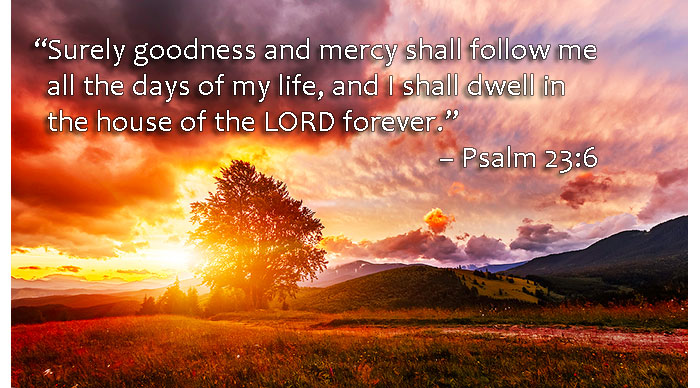Am I not allowed to do what I choose with what belongs to me? Or do you begrudge my generosity?
Matthew 20:15 ESV
Lesson from the parable of the laborers in the vineyard
Many of us are familiar with the parable of the laborers in the vineyard (Matthew 20:1-16). In the story, the vineyard owner called different groups of people at various times of the day, but in the end, they all got paid the same amount of money. Common sense, fairness, and justice should mean that those who worked longer hours toiling in the vineyard should receive more pay than the rest, and those who worked only for an hour should get the tiniest compensation. And that is precisely what the early workers did – they complained to the owner that he was being unfair to them. Was it right for the early workers to feel aggrieved for receiving the same pay as the ones who worked much lesser than they did?
The early workers agreed to work for a denarius and received a denarius at the end of their work. What is wrong with that? The issue is how the vineyard owner gave the same amount to those who worked fewer hours than them. If there were no other late workers, there would be no problem. If the late workers were paid lesser than them, there would also be no trouble. If they received much more than one denarius and the others got paid a denarius, there would also be no issue. The problem that the early workers had was that the vineyard owner was generous. It might look unfair to the early workers, but he paid them what they agreed to earlier. If the owner is lavish and overflowing with his riches, who are they to question his judgment?
God’s mercy and grace
This parable alludes to the vineyard owner as God. The workers in the vineyard are us. The work He asked us to do is to live as Jesus’ disciples and to proclaim Him in our words and actions. The compensation that awaits us, our “denarius,” is heaven itself. The vineyard owner’s generosity points to God’s mercy and grace.
This parable is a good reminder for us who have toiled in following the Lord for some time. Do we expect our rewards in heaven more than others? Is it unfair if ordinary people who became Christian very late are better “placed” in heaven than us? Worse, what if our enemies or people we dislike are also in heaven and have a better “place” than us? Are we going to cry “unfair” to God and seek justice?
In heaven, God is King. His divine will is supreme to everything. He does not think the way we do; His ways are much higher than ours. [Isaiah 55:8-9] If God wants to be generous to others, who are we to object? And if we desire genuine justice, we should not go to heaven. We are sinners through and through. Justice demands we deserve eternal death due to our offense against a Holy God. God has already been gracious and merciful to us by calling us by name to follow Jesus and have eternal life with Him as our reward.
If it is mercy and grace we want, it should apply to all – all the sinners we know, including ourselves. If it is justice we want, it should also pertain to all sinners, including ourselves. We cannot have that mercy and grace for ourselves and justice and fairness for everyone else. For with the measure you use, it will be measured back to you. (Luke 6:38 ESV).
The “one denarius” we will get one day will be of infinite worth. We will enjoy life without tears, pain, sorrow, or death [Revelations 21:4]. All our pain and suffering would be as nothing when we are there. We will enjoy a blissful life with all our loved ones forever – and we will see His face. If others are better “placed” in heaven, we should rejoice for them because God has blessed them more than us. That is perfectly fine. Let us trust Him in everything because we have received His overflowing grace and mercy.
For Personal Reflection or Group Discussion
- How much do we appreciate the lavish grace and mercy the Lord has showered us?
- Do we look at the world in the eyes of justice and fairness [ours] or of God’s mercy and grace?
- Do we pray for our enemies and seek their conversion? Do we sincerely love them?
Top image credit: Background landscape with sun glowing through tree in sunset – location in Carpathian, Ukraine, photo from Bigstock.com, © by jenyateua, stock photo ID: 226901230. Used with permission.
Tom Caballes is a National Coordinator of the Lamb of God, a community of the Sword of the Spirit with seven branches located throughout New Zealand. Tom and his wife Mhel and their two daughters [with his son-in-law and grand-daughter] live in Wellington, New Zealand.



